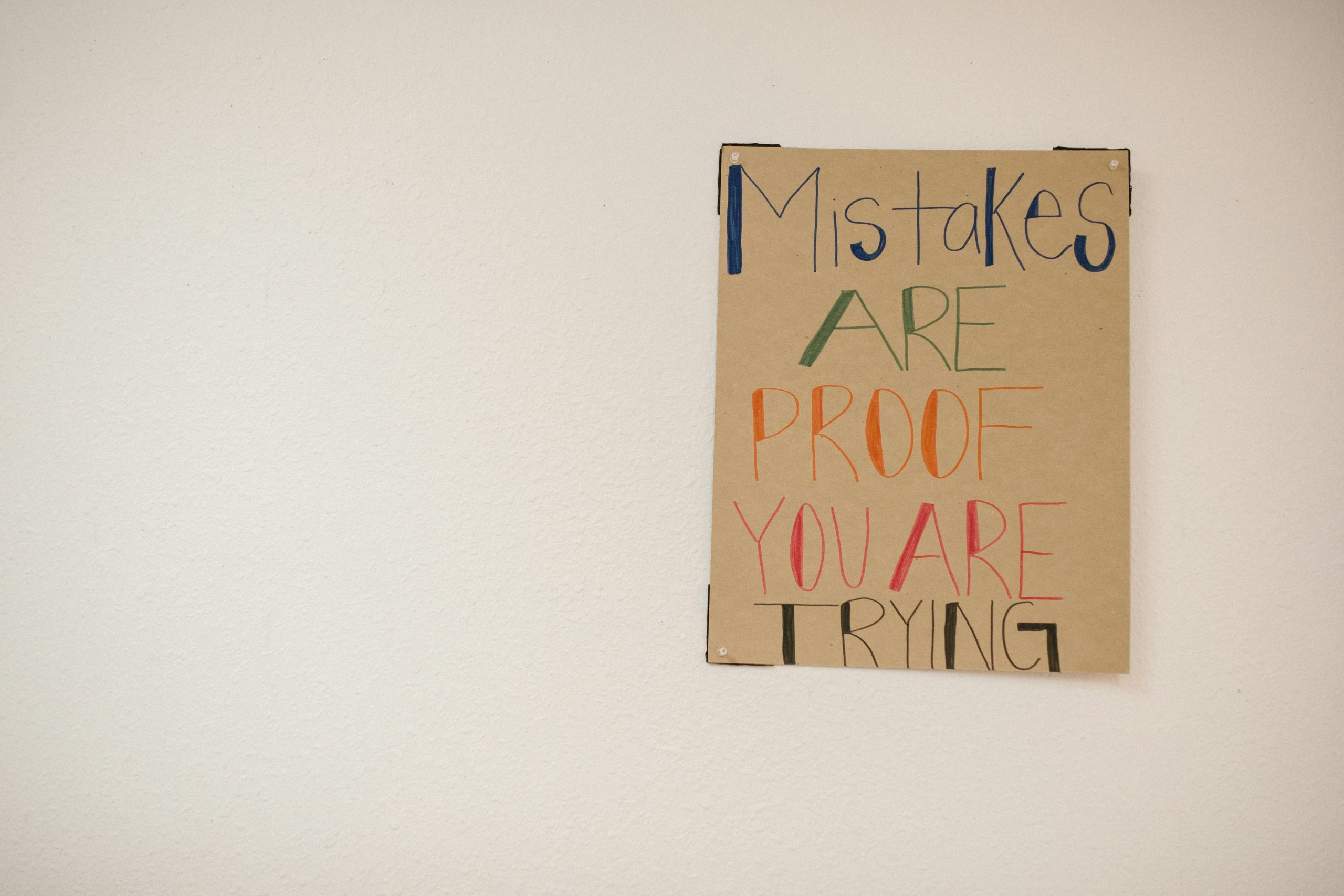Building Resilience Through Educational Experiences
In today’s fast-paced and ever-changing world, resilience has become a vital skill for individuals to possess. Defined as the ability to adapt and bounce back from difficulties and challenges, resilience allows individuals to overcome obstacles and thrive in the face of adversity. While there is no set formula for developing resilience, one powerful way to do so is through educational experiences. Education not only provides individuals with knowledge and skills but also fosters important qualities such as perseverance, problem-solving, and self-awareness that contribute to building resilience. In this article, we will explore how educational experiences can help individuals develop resilience and provide practical tips for incorporating resilience-building strategies into education. 
The Role of Education in Building Resilience
The education system has a significant influence on individuals’ personal and professional development. From a young age, students are exposed to a variety of experiences that shape their beliefs, values, and behaviors. As they progress through the education system, individuals are faced with both successes and failures, challenging assignments, and demanding exams. These experiences, if guided effectively, can serve as opportunities to build resilience.
One of the ways that education can foster resilience is by providing individuals with a safe space to make mistakes and learn from them. Failure is a natural part of life, and learning to cope with it is crucial for building resilience. In the classroom, individuals can experience failure in the form of getting a bad grade, not understanding a concept, or not being selected for a leadership role. Through effective guidance from educators, individuals can learn to see failure as an opportunity for growth and develop the resilience to bounce back and try again.
In addition to promoting the acceptance of failure, education also encourages individuals to develop self-awareness. Through various learning activities, individuals can reflect on their strengths, weaknesses, values, and goals. This self-awareness enables individuals to identify their triggers, understand their emotions, and develop coping mechanisms to deal with challenges effectively. Furthermore, self-awareness also helps individuals to recognize when they need support and seek it when necessary, which is an important skill for building resilience.
How to Incorporate Resilience-Building Strategies into Education
Cultivate a Growth Mindset
A growth mindset is the belief that one’s abilities and intelligence can be developed through effort and persistence. Individuals with a growth mindset see failures as opportunities to learn and develop, rather than fixed setbacks. As educators, it is important to cultivate a growth mindset in students by praising effort over outcomes, providing constructive feedback, and encouraging them to take risks and try new things. This approach not only promotes resilience but also creates a positive and supportive learning environment.
Teach Problem-Solving Skills
Another key aspect of building resilience is the ability to problem-solve effectively. In the classroom, individuals are faced with a variety of challenges, such as difficult assignments, conflicts with peers, or time management issues. Educators can teach problem-solving skills by providing students with opportunities to work on complex tasks independently, encouraging collaboration and teamwork, and incorporating real-life examples and case studies into the curriculum. These experiences not only help individuals develop problem-solving skills but also build the confidence to tackle future challenges.
Encourage Reflection and Self-Care
In the midst of a busy education system, it is crucial to encourage individuals to take a step back and reflect on their experiences. Reflection allows individuals to process their thoughts and emotions, learn from their experiences, and develop a deeper understanding of themselves. Additionally, promoting self-care practices, such as mindfulness, exercise, and healthy habits, are essential for maintaining mental and emotional well-being and building resilience.
Conclusion
In conclusion, building resilience is a critical skill that individuals can develop through educational experiences. By cultivating a growth mindset, teaching problem-solving skills, and encouraging reflection and self-care, education can serve as a powerful tool for developing resilience. Additionally, it is essential for educators to create a supportive and nurturing learning environment that allows individuals to take risks, make mistakes, and learn from their experiences. By incorporating resilience-building strategies into education, we can equip individuals with the necessary skills to thrive in the face of adversity and achieve their full potential.










